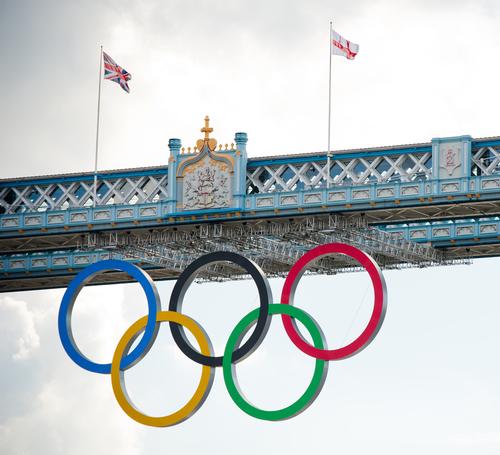see all jobs
Olympic legacy at risk due to £9m funding gap, warns report
More money is required in order to achieve the “crucial” legacy of the London 2012 Olympics, according to a report by the London Assembly's Regeneration Committee.
It has been found that a funding gap of around £9m between 2015-2016 could prevent legacy plans from coming to fruition.
To achieve its legacy goals it is now thought that the London Legacy Development Corporation (LLDC) would have to find ways of increasing its income, or cut spending, in light of the prospective gap in funds.
Though the report from the committee also states that making cuts to outlay on community events and security are not ideal moves if the Olympic Park wants to be seen as one of the area’s premier attractions.
To combat the gap, the committee has called on the Mayor of London to confirm additional funding of around £12m for two years between 2015 and 2017.
In order to prevent the legacy from becoming completely dependent on mayoral policy, it is also being proposed that the LLDC strives to become self-sustaining by 2020.
"Regenerating East London and the Lower Lea Valley is important not just to meet the London 2012 legacy objectives, but for the benefit of the people of East London who will be a crucial part of building the community for years to come," stated Gareth Bacon, chairman of the committee, in summary of the report.
"We believe in the short term the Mayor should continue to invest and support the LLDC.
"However, to ensure the LLDC's objectives are not dependent on Mayoral funding indefinitely, the Corporation should commit to becoming self-sustaining as soon as possible and certainly by 2020 at the latest."
The news comes on the back of recent criticism of the 2012 legacy detailed in a House of Lords report, which mainly centred on a lack of participation and failures surrounding a low rate of inspired developments across the country in the wake of the games.
Despite the news, varying reports from different sources have also highlighted the beneficial impact of the games, especially on sectors such as tourism.
More News
- News by sector (all)
- All news
- Fitness
- Personal trainer
- Sport
- Spa
- Swimming
- Hospitality
- Entertainment & Gaming
- Commercial Leisure
- Property
- Architecture
- Design
- Tourism
- Travel
- Attractions
- Theme & Water Parks
- Arts & Culture
- Heritage & Museums
- Parks & Countryside
- Sales & Marketing
- Public Sector
- Training
- People
- Executive
- Apprenticeships
- Suppliers

















































